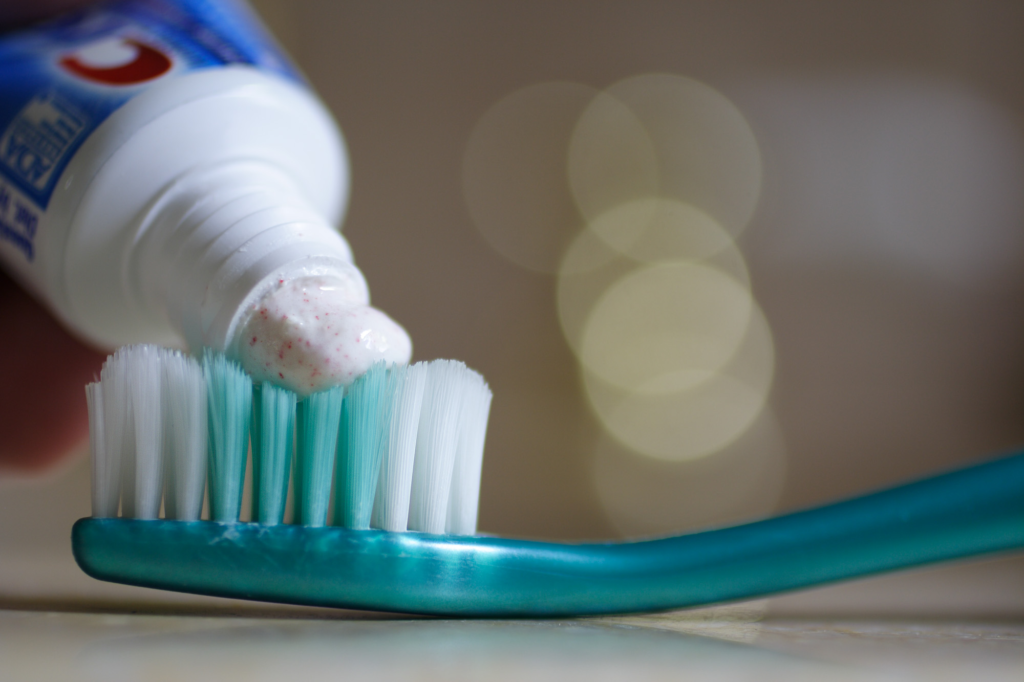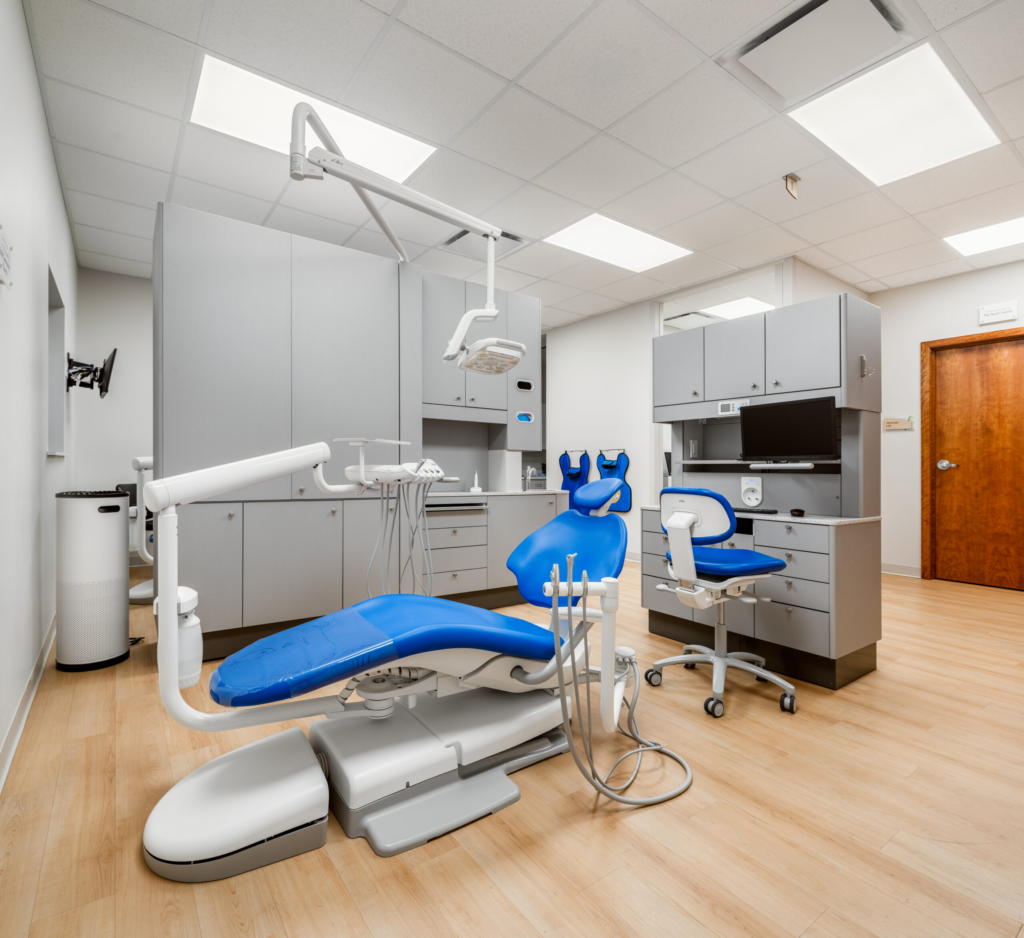
What are veneers?
According to Cleveland Clinic, veneers are thin shells or coatings that are placed over your teeth to enhance the way they look. These fix dental problems, such as covering stains or discolouration on your teeth and straightening up crooked teeth. You might want to get veneers if your front teeth are unevenly spaced or if you have damaged or cracked teeth.
Before getting veneers, there are a few things you should know:
There are different types of veneers
Various types of veneers include porcelain ,composite, lumineers and temporary veneers. You have multiple options to choose from. The best type of veneer to get depends on several factors, including shape, budget and your dentist’s recommendation for your teeth . Book a consultation with your cosmetic dentist to determine which type is best .
This is a permanent dental procedure

This is a permanent dental procedure because part of your natural teeth must be removed to make room for the veneers. A tiny layer of the tooth’s enamel must be removed during the procedure. Although this is a dental procedure which can be updated, your teeth will never return to their original state because they would have been altered during the dental procedure.
Getting veneers is not painful
Thankfully, getting veneers is relatively painless, unlike most dental procedures. There is hardly any pain because of the local anaesthetic. The dental practice is painless after the dentist gives the anaesthesia and it takes effect. This is good news for anyone considering getting veneers but is hesitant because of the potential pain caused by cosmetic and dental procedures.
Veneers need to be replaced
In the distant future, your veneers will need to be replaced. Veneers last for approximately 15 to 20 years with the appropriate care and upkeep. After that, you will need to replace them, so this is not a one-time procedure, which you should consider before deciding to get veneers.
Veneers are custom-made for your teeth
Veneers are built specifically for your dental structure. The final look of your teeth will differ from individual to individual because they are customised to make them appear like new and enhanced versions of your own teeth. The veneers you might have seen on another person or on the internet may not be your final look.
You need to practice oral hygiene

Veneers are stain-resistant, but to get the best long-term results, stay away from foods and beverages that may cause stains. These include tea or coffee. In addition, consistent oral hygiene is essential. You should brush twice daily with a soft-bristled toothbrush for at least two minutes. Try to floss at least once a day. You should also stay away from high-impact contact sports. Book regular dental exams for your teeth with your dentist and have a teeth cleaning twice a year.
There may be temporary side-effects
There may be a few short-term side effects after getting veneers, such as sensitive teeth. One solution to this is to avoid drinking hot or cold beverages; instead, try room-temperature beverages. Also, stay away from hard foods while the temporary sensitivity is there. This situation is nothing to worry about, as it usually goes away after approximately two weeks.
Lastly, choose the right dentist

This is very important because you need someone you trust to work on your teeth. Also ensure that you choose a reputable and licenced clinic before getting your veneers. Having the right clinic and right dentist will help you feel more at ease about the procedure, so make sure to do your research well beforehand.
This is a procedure with a few advantages and disadvantages, but I hope this article gave you insight on the process of getting veneers. For official information , please consult a certified cosmetic dentist in your area.











